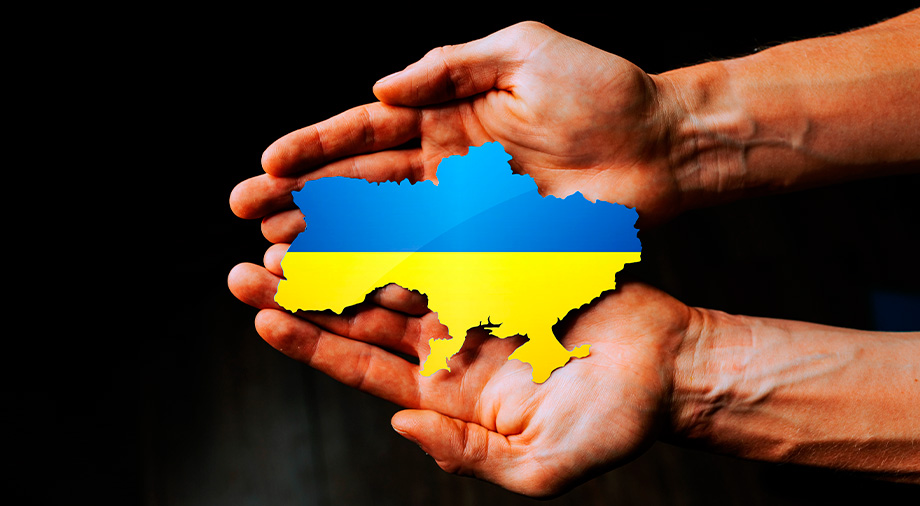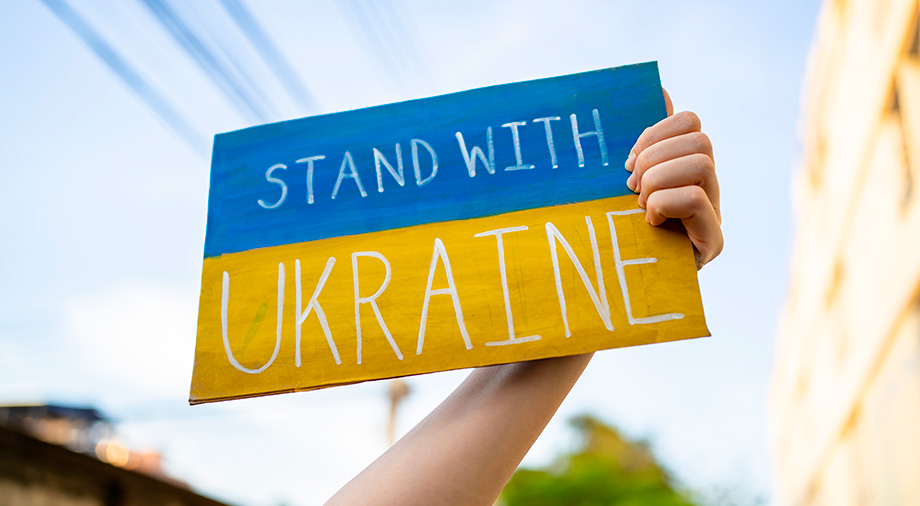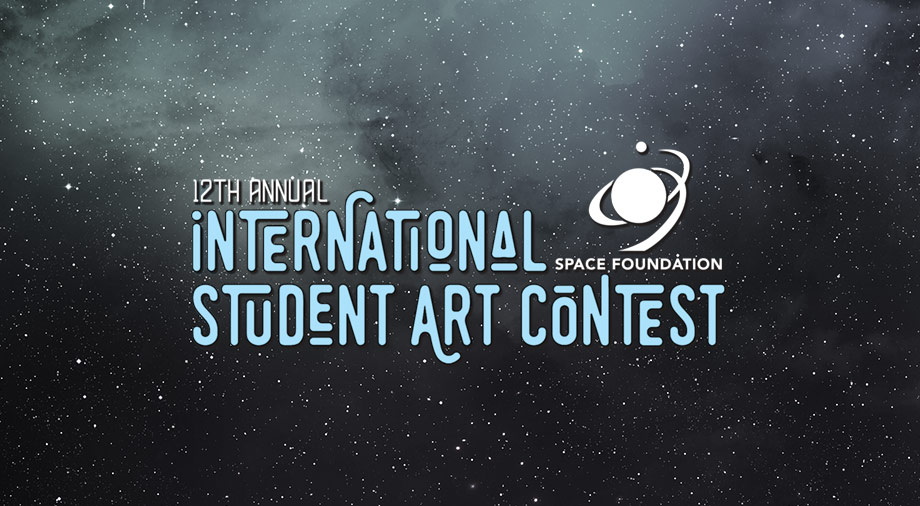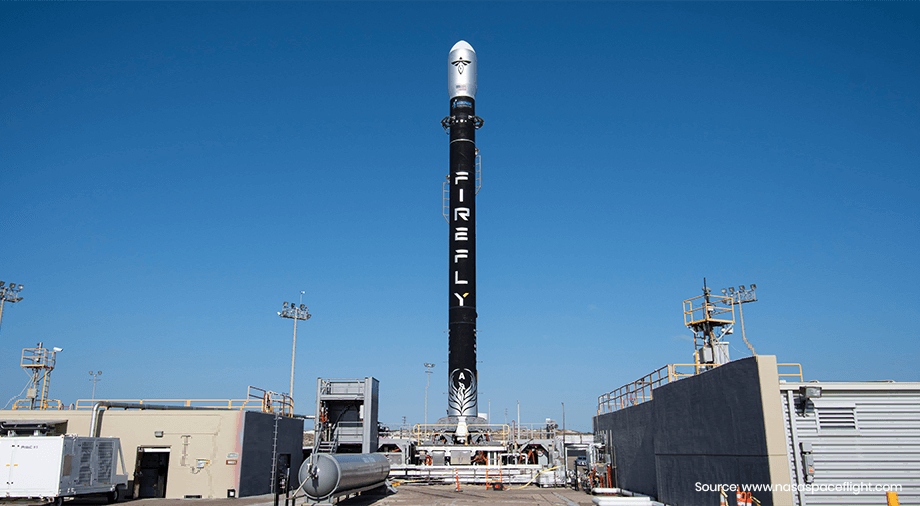On March 7, 2022, American astronaut, businessman and SpaceX Inspiration 4 mission pilot Jared Isaacman arrived in Ukraine to personally deliver military aid to the Ukrainian military. The Ukrainian Armed Forces (UAF) have continued their fierce resistance to Russian military aggression into a third week, defending against Russia’s attempt to completely destroy Ukrainian statehood. Isaacman did not want to reveal the exact contents of his cargo, but assured reporters that his flight is only the beginning of the help that the world has decided to provide to Ukraine in its struggle for existence.
This piece will focus on the financial and humanitarian support being provided to Ukraine by its allies. We will be specifically avoiding discussion of military aid in order to avoid disclosing sensitive information.
The need for closed skies and possible alternatives
It is important to understand that infrastructure facilities can become targets for Russian bombs and missiles only so long as the aggressor controls the skies over Ukraine. Unfortunately, at the moment, the Russian Air Force outnumbers the Ukrainian Air Force.
Another aspect of Russia’s advantage in Ukrainian skies is that most of their aircraft take off from the territory of the occupied Crimea and the Republic of Belarus (which has offered up its own airfields for the deployment of Russian aviation). Ukraine does not have the ability to destroy enemy airfields with missile strikes, while the Russians, of course, do exactly that, launching missile and bomb attacks on Ukrainian military and civilian airfields.
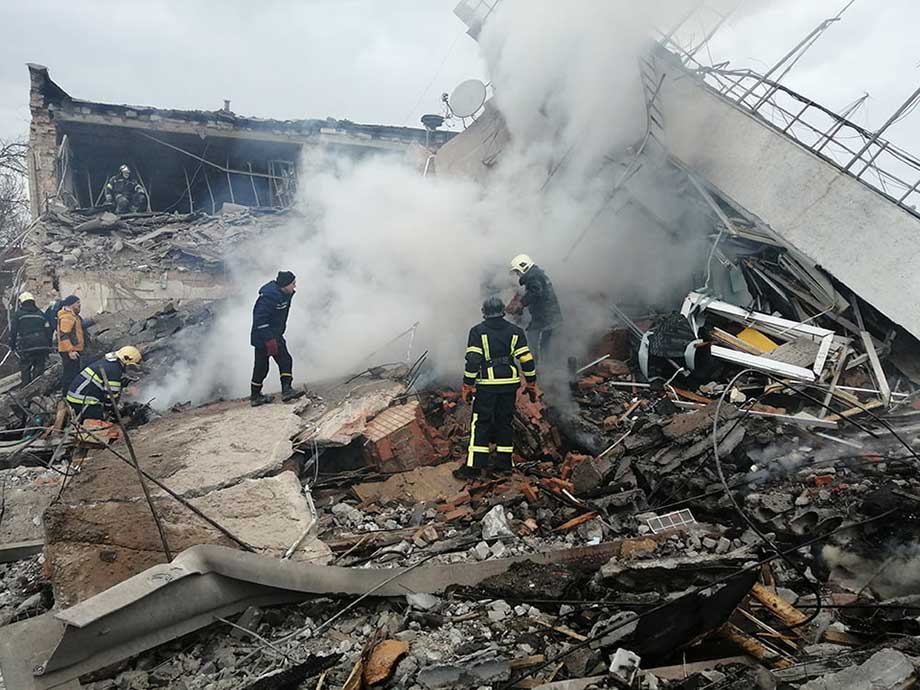
source: static.ukrinform.com
Only the closure of airspace over Ukraine by Ukraine’s European and American NATO allies can radically affect this situation. President of Ukraine Volodymyr Zelensky continues to insist on the urgent need for a no-fly zone. “Ukraine has been repeating to partners since the first day (of the war): if you do not close the sky, you will also be responsible for this massive catastrophe,” the president insisted in his speech on March 9, 2022.
Nevertheless, the Western world is still in no hurry to do this, being concerned that the creation of a no-fly zone over the territory of Ukraine could lead to an escalation of the conflict beyond Ukraine. The supply of modern fighter aircraft to Ukraine could positively influence the situation, but President Biden unilaterally vetoed this decision, fearing Russia’s response. And while Western countries have shown weakness in their supply of weapons, Ukrainian soldiers have been forced to clear their own skies with the help of anti-aircraft missile systems and iron-willed fighting spirit.
Financial and humanitarian assistance to Ukraine
While Ukraine’s allies may not share a consensus on providing weapons to Ukraine, the actions of Western countries are clearly consolidated in the field of financial and humanitarian aid.
On March 7, 2022, the Executive Board of Directors of the World Bank approved a $489 million assistance package for Ukraine, designated as “Financing of Recovery from the Economic Emergency in Ukraine” (FREE Ukraine). This includes a $350 million loan to Ukraine and $139 million in financial guarantees from the Netherlands ($89 million) and Sweden ($50 million).
This will not be the final amount, as the World Bank anticipates future fundraising for grants from the governments of the UK, Lithuania, Latvia, Denmark and Iceland totaling $134 million, as well as parallel funding from Japan ($100 million).
The World Bank is encouraging partner countries to continue financially helping Ukraine through the MDTF (Multi-Donor Transfer Fund). The money will be used to support social expenses in Ukraine, including the payment of wages, pensions, and benefits for socially vulnerable categories of Ukrainian citizens. In addition, the World Bank Group will provide Ukraine with $3 billion in assistance in the coming months, and provide necessary financial support to the European countries accepting and hosting Ukrainian refugees.
In addition to the actions of the World Bank, the International Monetary Fund (IMF) approved an allocation of $1.4 billion for Ukraine through its Rapid Financing Instrument (RFI). This money will be used to pay for the Ukrainian government’s urgent financial needs, as well as to mitigate the economic consequences of the outbreak of war.
From the US Congress, the financial aid totals thus far are even higher, amounting to $13.6 billion. A spending bill containing the aid provision was passed on Thursday, March 10, and was signed into law by President Biden on March 15. These funds will be allocated to military, humanitarian and economic support to Ukraine. The bill was approved by members of Congress from both the Republican and Democratic parties.
In addition to financial support, Ukraine’s partners are supplying the country with humanitarian aid. According to the press service of Ukraine’s Ministry of Social Policy, just from March 2-3, Ukraine’s partners shipped in 1,000 tons of humanitarian aid. This included:
- 375 tons of foodstuffs;
- 147 tons of clothing;
- 90 tons of personal hygiene products;
- 35 tons of medicine;
- 324 tons of other consumer goods.
Sanctions pressure on Russia
While countries around the world are providing financial support to Ukraine, there have also been coordinated efforts to apply heavy pressure on Russia with sanctions. To date, the total number of economic sanctions levied against the Russian Federation have made it the most sanctioned country in the world. Russia surpassed Iran for this honor, which had previously held the record with 3616 sanctions for the development of a nuclear program and state support for terrorism. Right now, Russia is currently the subject of 5532 sanctions.
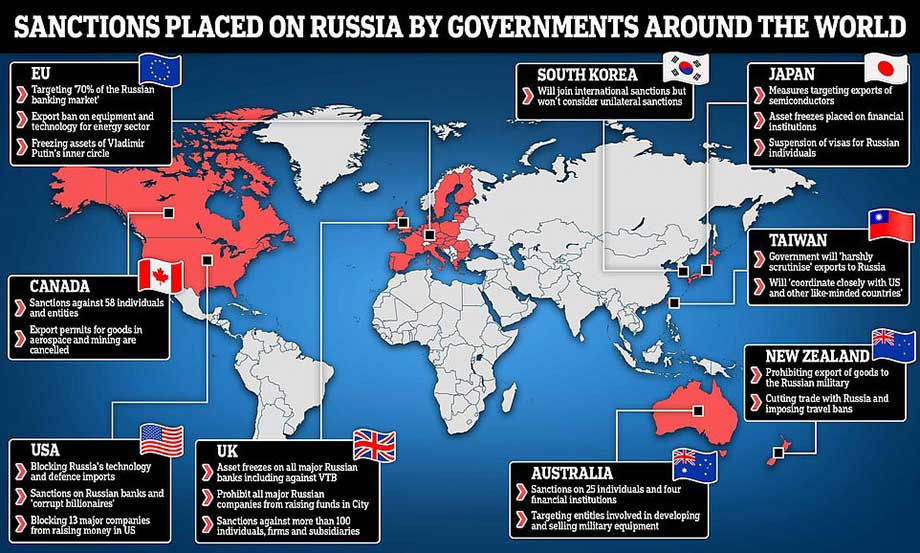
source: i.dailymail.co.uk
The new sanctions regime will not only affect the elite oligarch clans of Russia, but will also directly affect ordinary citizens. Now every Russian will, in the truest sense of the word, pay for the aggressive and aggressive policy of their country (which has unleashed the bloodiest war in Europe since the Second World War). The sanctions have affected not only the economic, but also the cultural, scientific, technological, and sports spheres of the Russian Federation, completely plunging the country into global isolation.
According to Simon Waver, CEO of Morgan Stanley, which consults on emerging markets sovereign lending strategy, Russia is on the brink of a default that could come as early as mid-April and be comparable to the catastrophic defaults that have befallen Lebanon and Venezuela.
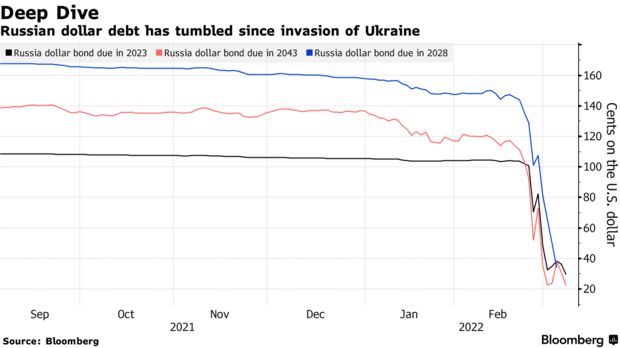
source: assets.bwbx.io
As of March 4, these global companies have all left the Russian market:
- Boeing, Airbus, Lufthansa and others in the field of aviation
- BMW, Mercedes Benz, Audi, Honda, Jaguar, Ford, and other automakers
- Raiffeisen Bank, FedEx, DHL, Wise, Maersk, Bolt and others in banking and logistics
- McDonalds, Nike, Adidas, H&M, IKEA, Jysk, Netflix, Disney and more in consumer goods and entertainment
- Apple, Nikon, Siemens, Nokia, Sony, Dell, Toshiba and a number of others in the technology sphere
This list is expanding every day, gradually squeezing Russia out of the world economy.
Today, the world stands with Ukraine. In order to visually understand this support in numbers, one can simply look at the results of the vote in the UN General Assembly condemning Russia’s aggression against Ukraine. 141 out of 193 countries voted in favor of strongly condemning Russia’s military intervention and calling on it to stop its invasion at once. Only five states voted against, namely Russia, Belarus, Eritrea, North Korea and Syria. One can only congratulate Russia on its selection of “allies” in whose company they intend to confront the entire civilized world.

